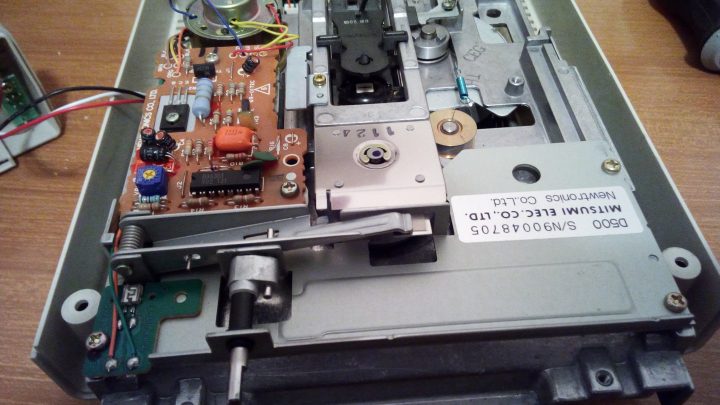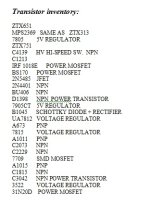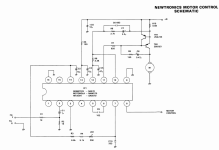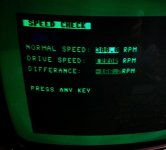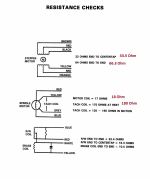VERAULT
Veteran Member
of the things I picked up at the VCF swapmeet, I got a couple broken 1541 drives pretty cheap. This got me thinking to go through the ones I had and make sure they all work. OF the two drives I picked up, one turned out to be an alps drive. The first I have ever seen or worked on as every single other one has been mitsumi. The alps is interesting as its the same drive mechanism in the later half height Apple II 5.25" floppy drives.. Ok Im meandering.
One my my drives that is mitsumi has a good board but when I run diags on it it reports it way too fast 500+rpm. If I use the pot to change it it can go much faster but I cannot get it to register less than 500+ RPMS. The adjustment pot when turned kind of easily flips over and doesnt stop. It could be a problem but I wanted input from the rest of you what to do in these situations.
What should I check first or is this a known fix?
One my my drives that is mitsumi has a good board but when I run diags on it it reports it way too fast 500+rpm. If I use the pot to change it it can go much faster but I cannot get it to register less than 500+ RPMS. The adjustment pot when turned kind of easily flips over and doesnt stop. It could be a problem but I wanted input from the rest of you what to do in these situations.
What should I check first or is this a known fix?

